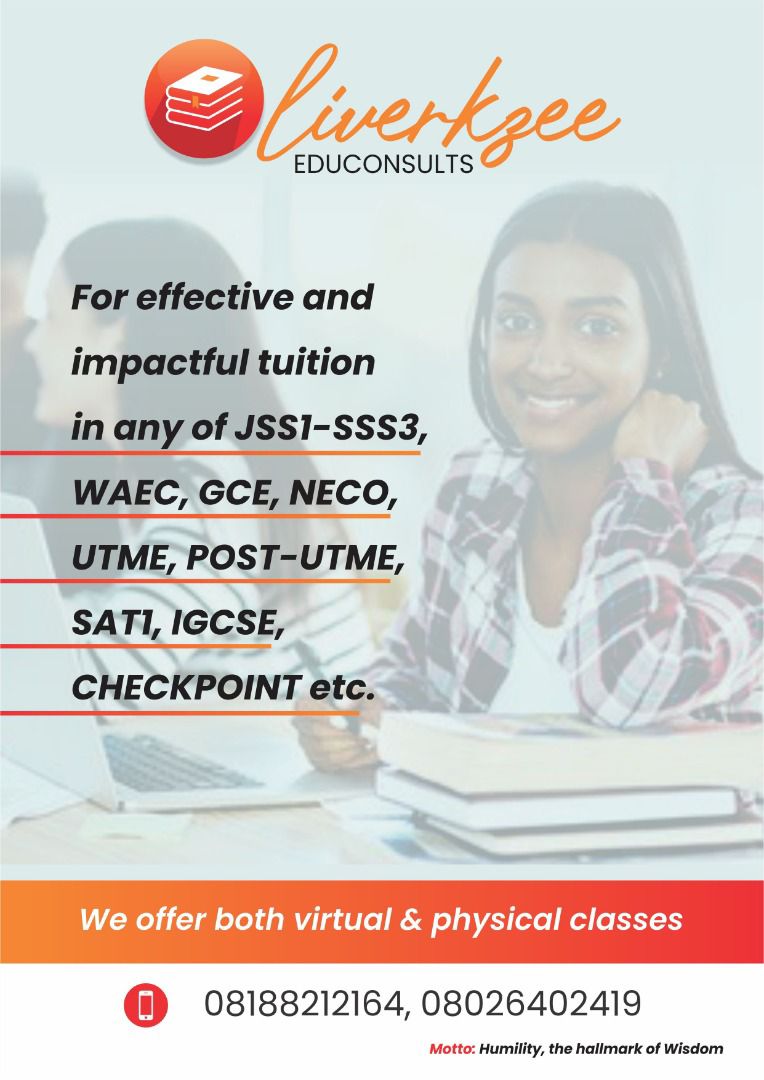
Due to their uniqueness, differently-abled people face many difficulties that confine them to a set of stereotypes that are expected of them by the very society that created the labels. Stereotypes like being unable to take care of themselves or that they require help at every moment of their lives or that they are incapable of doing any kind of work. These labels do not give people with disabilities as many opportunities as they require to reach their maximum potential. These limitations can however be put to check by simply including people with disabilities in every sector of the society.
Job Opportunities
When you ask around about the kind of jobs that people with disabilities do, many of them will give answers like, “alms begging,” ‘sweeping bridges,” or any other kind of menial job that comes to mind. It may come as a shock to you that some of them are qualified for white-collar jobs, but because of the lack of employment opportunities for people with disabilities, they have no choice but to settle for menial jobs to feed their families. A way to include them in the society, both socially and economically, is by employing qualified people regardless of their uniqueness, without doubting their ability to work. When they have worked hard enough to earn a promotion, don’t look over their heads like most organisations do. Give them what they have worked for and ensure that the threat of job loss, because of their unique ability, does not dangle above their heads.
Politics
The 2023 elections are fast approaching, and of all the aspirants that have come out so far, how many are with disabilities? Nigerian politics leaves no ground for uniquely-abled people to participate. Apart from the fact that the cost of tickets is outrageous and can hardly be afforded by people with a not-so-stable source of income, people with disabilities are underestimated and automatically perceived as incompetent. The result of this presents itself in the form of little to no support when they vie for a post. Even in terms of exercising their rights as electorates, people with disabilities face hardship. Some polling units are not accessible or simply lack items to facilitate voting like braille ballot paper for people with visual impairment. To include people with disabilities in politics, provisions like accessibility and other facilities need to be put in place. Election officers also need to be educated on how to handle people with disabilities to ease the voting process.
Education
Most schools for secondary education are not inclusive of students with disabilities. The schools that provide special education are either built by NGOs or churches. This separation encourages the gap between non-disabled students and differently-abled students. The concept of ‘special education’ is not even welcomed by some secondary schools, which is contrary to inclusion. Students should be able to get an equal level of education regardless of their ability or inability. People with disabilities have a right to education, but because of a lack of accessibility to schools and special needs education, they are unable to exercise that right. To include them in learning, special needs education should not only be left to churches or NGOs alone but should also be available in the majority of secondary schools across the nation. Disability education and sign language should be part of the curriculum to educate growing children on how to communicate with and not stigmatize people with disabilities.
Media
Most of us must have come in contact with that one funny character in a play who has a disability and acts clueless or dense. The use of people with physical or speech impediments as comic relief characters by the Nigerian film industry should be stamped out. People with disabilities deserve better than to be portrayed as dim-witted or foolish by the moviemakers. This is the case with most indigenous movies. In reporting about people with disabilities, some media personnel, without proper orientation, portray them as helpless or hopeless and use solemn undertones in their reports. This representation fuels the public perception of people with disabilities. For better inclusion in the media, better roles should be given to people with disabilities. They should not always be the gateman who makes the audience laugh or the pretty face who runs away because of her disability. Reporters should also learn how to properly address differently-abled people and stop portraying them as burdens to society.
Uniquely-abled people are a part of our society and they are entitled to partake in every activity pertaining to the building of our society. They don’t have to be famous to be given a chance at greatness. They deserve to be included in every area without any form of discrimination.


















